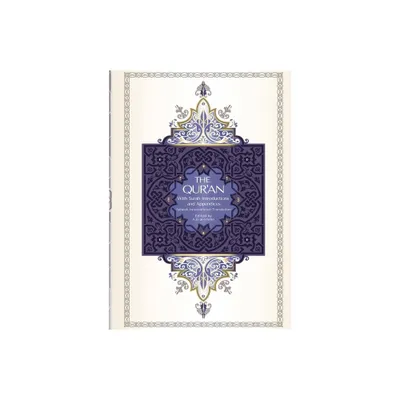Home
The Book of Unveiling: Early Fatimid Ismaili Doctrine in the Kitab al-Kashf, attributed to Ja'far b. Mansur b. al-Yaman
Loading Inventory...
Barnes and Noble
The Book of Unveiling: Early Fatimid Ismaili Doctrine in the Kitab al-Kashf, attributed to Ja'far b. Mansur b. al-Yaman
Current price: $34.95


Barnes and Noble
The Book of Unveiling: Early Fatimid Ismaili Doctrine in the Kitab al-Kashf, attributed to Ja'far b. Mansur b. al-Yaman
Current price: $34.95
Loading Inventory...
Size: OS
*Product Information may vary - to confirm product availability, pricing, and additional information please contact Barnes and Noble
I.B. Tauris in association with the Institute of Ismaili Studies.
The
Kitab al-Kashf
is one of the earliest Ismaili texts to have reached the present day. Transmitted by the
Tayybi
Ismaili tradition, it is composed of six treatises, most of which, as this open access study and first English translation argues, go back to the early years of the Fatimid rule.
The importance of this work is predicated upon the unique insight it offers on the early stages of the elaboration of Ismaili doctrine. A number of parallels with Twelver Shi'i, as well as
ghulat
and
Nusayri
sources, are highlighted throughout this study, which, by contrast, allow for the identification of specifically Ismaili themes and doctrines, before and after the rise to power of the Fatimids. The
Kashf
is thus an essential witness to the way early Ismailism, while drawing from a pool of themes common to several Shi'i trends, nevertheless formed its own distinctive identity.
Since it was edited by Rudolf Strothmann for the first time in 1952, the
has attracted the attention of several generations of scholars, but did not benefit from a full annotated translation and extensive study highlighting its structure and aims until now.
The eBook editions of this book are available open access under a CC BY-NC-ND 4.0 licence on bloomsburycollections.com. Open access was funded by The Institute of Ismaili Studies.
The
Kitab al-Kashf
is one of the earliest Ismaili texts to have reached the present day. Transmitted by the
Tayybi
Ismaili tradition, it is composed of six treatises, most of which, as this open access study and first English translation argues, go back to the early years of the Fatimid rule.
The importance of this work is predicated upon the unique insight it offers on the early stages of the elaboration of Ismaili doctrine. A number of parallels with Twelver Shi'i, as well as
ghulat
and
Nusayri
sources, are highlighted throughout this study, which, by contrast, allow for the identification of specifically Ismaili themes and doctrines, before and after the rise to power of the Fatimids. The
Kashf
is thus an essential witness to the way early Ismailism, while drawing from a pool of themes common to several Shi'i trends, nevertheless formed its own distinctive identity.
Since it was edited by Rudolf Strothmann for the first time in 1952, the
has attracted the attention of several generations of scholars, but did not benefit from a full annotated translation and extensive study highlighting its structure and aims until now.
The eBook editions of this book are available open access under a CC BY-NC-ND 4.0 licence on bloomsburycollections.com. Open access was funded by The Institute of Ismaili Studies.











